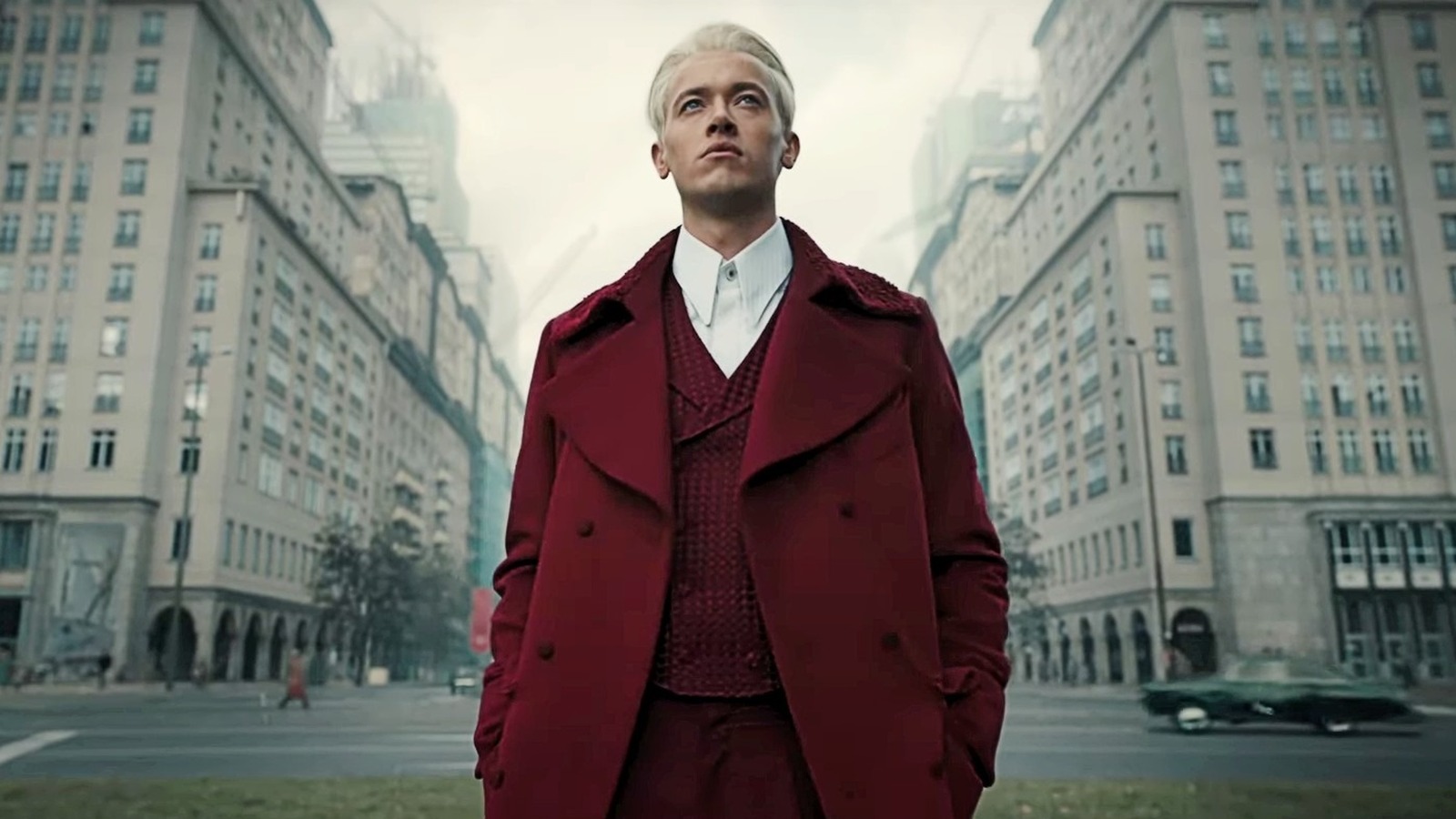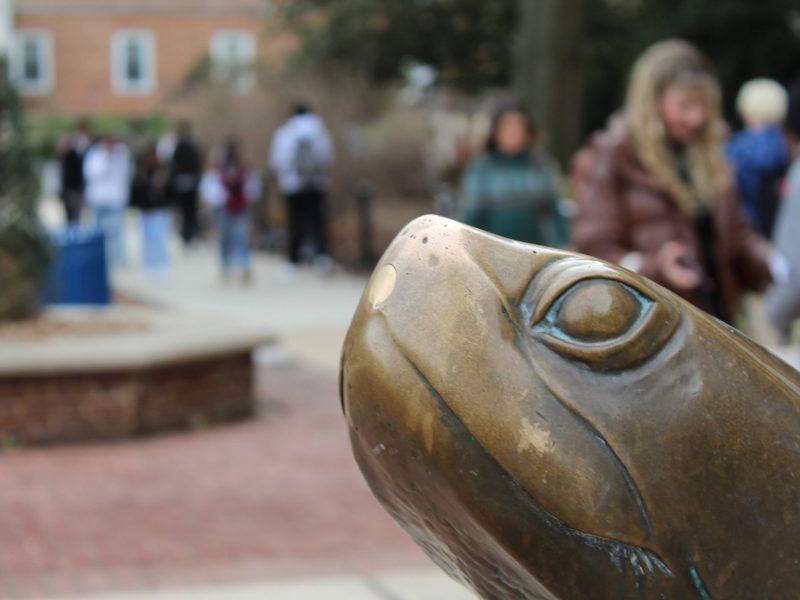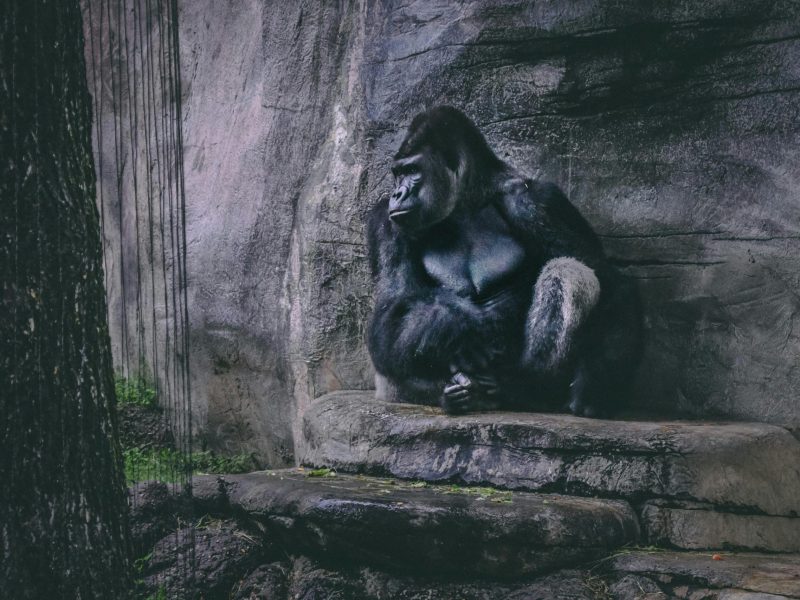Although The Ballad of Songbirds and Snakes, the fifth movie in the popular Hunger Games franchise, was set up for likely success, it stands firmly on its own. With a striking soundtrack, brilliant cast and meaningful cinematography, audiences have a unique viewing experience that leaves them questioning the cruelty behind President Snow.
The new prequel recounts the chilling tale of the Hunger Games’ origin and the life of Coriolanus Snow, future Panem president and Katniss Everdeen’s nemesis.
The story begins with Coriolanus, or Coryo for short, working to prove himself as a worthy Capitol citizen despite his family’s looming poverty. He ends up falling in love after being assigned to mentor the spunky singer and district 12 female tribute, Lucy Gray Baird, in the 10th annual Hunger Games. Coryo works to navigate the treacherous Capitol, facing a constant internal struggle between his moral conscience and a lust for power.
While potentially difficult to translate the novel’s detailed depiction of Coriolanus’ internal turmoil to screen, Tom Blyth’s turn as the character successfully conveys this internal debate. His cunning facial expressions and raw emotion lends to an impressive and complex performance.
The movie begins with one of the most disturbing scenes from the novel, showing a father resorting to cannibalism as a result of the widespread famine the Capitol faced during the war.
[Sabrina Carpenter brings the Christmas spirit early with new ‘fruitcake’ EP]
While the new film had less action than Hunger Games fans are used to, it delivered the same intensity and emotion as the other four movies with memorable characters who navigate violence amongst a growing oppressive regime.
Just like the other movies in the franchise, it’s no surprise that returning director, Francis Lawrence, stayed relatively true to the novel’s plot, keeping most of the characters, quotes and scenes the same. However, the few slight cuts were noticeable. The rebellious mockingjay motif, synonymous with the franchise, was underused, diluting the audience’s understanding of Coryo’s distaste for the bird described in the book. It was disappointing how the iconic symbol didn’t receive the attention it deserved, undercutting some of the themes that make the Hunger Games such a strong story.
The novel’s success is largely due to the characters’ complexity and the way each interacts with society under a growing oppressive regime. The film’s marvelous job at casting these roles kept true to the book’s descriptions and characterizations.
Dr. Volumnia Gaul, played by Viola Davis, was not only a spitting image of the psychopathic woman I pictured while reading the novel, but her deceptive ominous behavior truly made her character come to life.
[Maryland Shakespeare Players brings fresh perspectives to known classics]
It would be difficult to praise the film without mentioning Rachel Zegler’s incredible performance as Lucy Gray Baird. The confident singer exudes a spirited energy that Zegler perfectly embodies with her slight southern accent and sassy gestures.
Music is a big part of the novel, with Lucy Gray Baird coming from a family of performers, often using songs as her way of communication. The book is full of poetic ballads, and while I loved reading the lyrics, it didn’t have nearly the same effect as hearing Zegler perform the touching melodies in the film. Lucy’s rendition of “The Hanging Tree is the perfect nod to the final Hunger Games movie, highlighting the origins of the rebellious song with breathtaking vocals.
The music never felt cheesy, each song a sorrowful, slow-paced tune that accompanied some of the most pivotal moments in the film, making the moment so much more memorable and emotional.
Between the extraordinary cast and poignant soundtrack used to tell a story of human corruption, The Ballad of Songbirds and Snakes is a must-see film, especially for longtime fans of the franchise.



